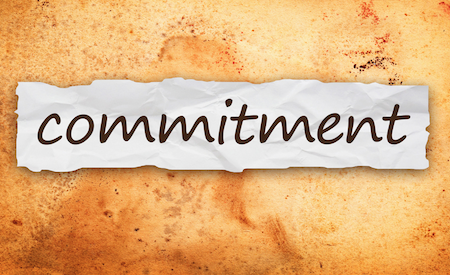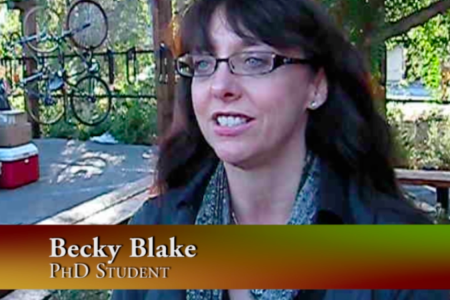What is Psychoneurology?
Psychoneurology is a drug-free alternative to traditional psychiatric and psychological approaches. The principle of psychoneurology is that each individual human being is already perfect and complete and thereby can achieve health and success by integrating new resources or learnings. Psychoneurology’s approach bridges ancient wisdom with leading edge technology to pioneer an entirely new paradigm in healing and wellness.
Q: Psychiatry* is defined as “the study and treatment of mental illness, emotional disturbance, and abnormal behavior”. Psychology is defined as “an academic and applied discipline that involves the scientific study of mental functions and behaviors”. What is the brief definition of psychoneurology (PN)?
A: Psychoneurology is the study and practice of how the brain and nervous system can be used in concert to achieve the highest level of human thriving.
Q: How was the term “psychoneurology” derived?
A: “Psycho” refers to the psyche or mind. “Neurology” refers to our nervous system, specifically in the context of its interaction with the psyche. Psychoneurology, is simply the most succinct description of these two elements and their interaction.
Q: Is psychoneurology a form of psychotherapy?
A: Psychoneurology is NOT a form of psychotherapy, as psychotherapy is the application of psychology and psychiatry – that is, psychology and psychiatry “in practice”. The fundamental premises in psychology and psychiatry are borrowed from allopathic medicine; that the client or patient is in someway “ill” (experiencing some form of disease or disorder) and it is the job of the psychiatrist or psychologist to diagnose (or label) and then negate or remove the disease or disorder (treatment).
Psychoneurology proceeds from an initial premise that people are in no way “broken” nor are their minds or psyches “diseased”. Psychoneurology provides that these individuals are whole, complete beings who may be experiencing challenges in their lives, specifically because they have not acquired the needed resources (skills, learnings, or coping mechanisms) to either move through the current challenges they are facing, or to be able to maintain their happiness and peace of mind in the face of the current challenges. Thus, when a child, who has been labeled as “learning disabled” receives assistance from the psychoneurologist, the objective, rather than focusing on some “disability” and it’s elimination, is for them to emerge with the new set of integrated skills and talents that will not only help them through this current challenge, but ultimately to be more affective and resourceful for the rest of their lives.
Q: What is the most important thing to know about true meaning and use of PN?
A: The mission and definition of Psychoneurology are essentially similar… using the brain and nervous system together to achieve the highest level of human thriving. Fundamental understandings of the brain lead to the indisputable fact that to create happiness, joy, or excellence in any form, requires specific “resources” that empower us to use our mind and nervous systems with the elegance and efficiency required to achieve our desired results. Only by teaching our minds and bodies “what to do” as opposed to what not to do, will we reach our desired objectives.
It is essential to know that the basic understanding in Psychoneurology of human beings and how they operate is as different from psychology and psychiatry as believing in a round world verses a flat one. Contrary to psychoneurology, psychology and psychiatry presuppose that people needing treatment, in referencing their definition, are ill, disturbed, and abnormal, and these pathologies and disorders must be identified to negate them in the hope that ultimately this will lead to human wellness and thriving. The current mental health care system is broken, simply because it initially proceeds from the misconception of human “brokenness”.
Q: Is there licensing involved with being a psychoneurologist?
A: The American & International Boards of Psychoneurology (ABPN & IBPN) currently choose board certification over licensing for it’s practitioners.
In Psychoneurology, we have made a very close study of the fields of psychiatry and psychology and their use of licensure. Dr. Carl Rogers, who helped he APA to form it’s licensure body in 1947 while he was the APA president, regretted it for a number of reasons. Specifically, that it tended to ensure those with the oldest, and least leading edge training had seniority and direction over those who were more affective. He was quoted, “I was ambivalent about the move then. I wish now I had taken a stand against it.”^ This is one of the reasons that the ABPN & IBPN confer certification as opposed to licensing at this time. The ABPN & IBPN have a very thorough articulation of standards and ethics, and require continual education and reassessment of every psychoneurologist on a yearly basis.
The ABPN & IBPN currently have members from the American Bar Association, Certified Public Accountancy Association and the American Medical Association. All Board members must continually be at the very “front lines” on leading-edge development in the field of Psychoneurology to maintain their status. This requires them to be continually and actively participating in the new processes, research, and protocols that are being developed by Beurin University and it’s live doctoral trainings and summits.
* The combined treatment of psychoactive medication and psychotherapy has become the most common mode of psychiatric treatment in current practice. In Psychoneurology, we provide new resources, skills and learnings without the challenges/side effects of psychoactive drugs. ^ “A Way of Being” by Carl Rogers, page 244




